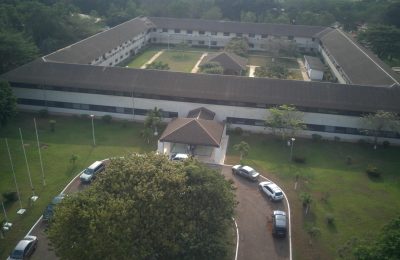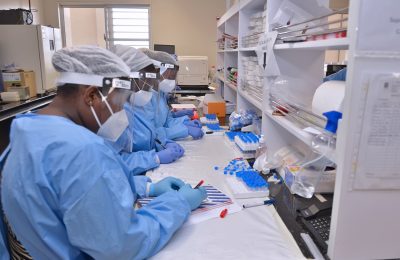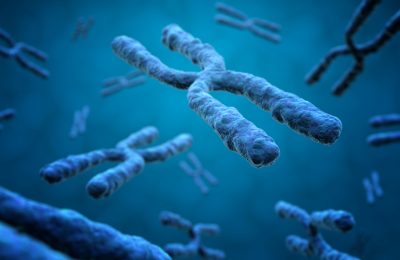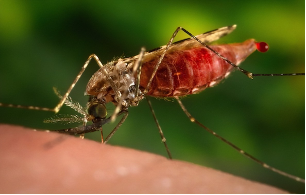Epidemiology
- Home
- Epidemiology
The Epidemiology Department contributes to the mission of the institute through basic and applied epidemiological research on, but not limited to, malaria and other diseases of public health importance. It is also home to the Social Science Unit of the Institute, including the Health Support Centre for HIV/AIDS and other communicable and noncommunicable health problems.
The Department hosts the Institute’s Clinical Trials Unit and has oversight of the Computer and Information Technology sections as well as a nascent Data Management facility. In view of its unique expertise and role, the Department provides technical assistance in studies of other researchers of the Institute in the areas of research design, implementation, and data management. The staff of the Department includes a mixed array of medical epidemiologists, health social scientists, clinicians, pharmacists, nurses, statisticians, laboratory technicians, etc.
Research Activities
The department has over the years led in several areas of research conducted by the Institute including the following:
- Child survival in the Gomoa District of the Central Region of Ghana.
- Serological surveys for EPI vaccines.
- Studies in the search for more effective EPI vaccines.
- Epidemiology of filariasis in the coastal region of the country.
- Sociocultural aspects of filariasis in the coastal region of the country.
- Immunoepidemiological studies of Malaria in southern Ghana..
- Sociocultural studies of malaria in southern Ghana.
- Maternal Mortality Assessment studies
Currently, major research areas include several studies on malaria including;
- Clinical Epidemiology of Malaria (funded by the DMID /NIAIH / NIH and carried out in collaboration with the Navrongo Health Research Centre, Kintampo Health Research Centre and the Centre National pour Recherche er Formation sur Le Paludisme (CNRFP) in Ouagadougou, Burkina Faso;
- Monitoring of antimalarial drug efficacy in the treatment of uncomplicated malaria in Ghana.
- Sociocultural determinants of malaria in southern Ghana;
Other biomedical studies include:
- Responses of patients with advanced breast cancer to neoadjuvant therapy (funded through a grant from the Mayo Clinic).
- Pharmacogenetics of estrogen metabolic pathway enzymes and breast cancer in women of African descent funded through a grant from the Roswell Park Cancer Institute.
Public and Health Systems studies
Social science focussed studies of the department include the following:
- Community intervention to reduce malaria-related morbidity and mortality in Shime sub-district of the Keta district: IPTC & early community treatment interventions funded by TDR.
- Determinants of low and no TB case detection in the Sissala East District funded by the National TB Control Programme
- Buruli Ulcer socioeconomic and cultural research in Ga-West District (In preparation with the commitment of funding from the UBS Optimus Foundation, Switzerland).
- Africa’s “neglected epidemic”: Developing multidisciplinary research and intervention model for chronic disease funded by the British Academy UK-Africa Academic Partnership Awards of 2006.
- Reaching the poor in Ghana’s National Health Insurance Scheme: Design and Evaluation of Interventions to improve access funded by the Netherlands Foundation for the Advancement of Scientific Research (WOTRO).
- Real-Time Monitoring of Child Mortality
Gallery
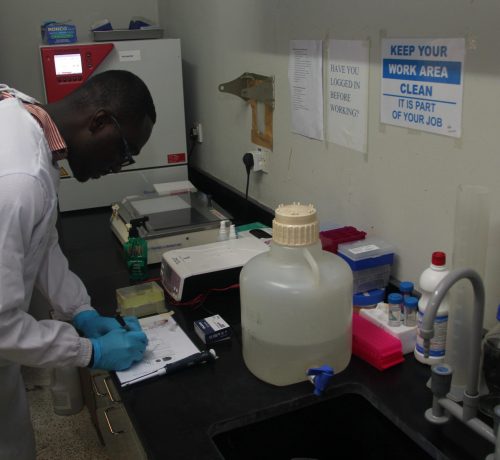
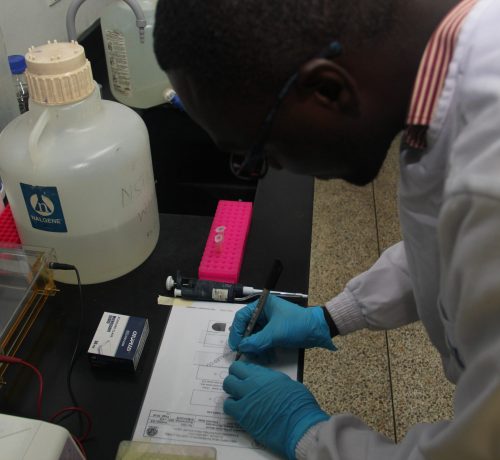
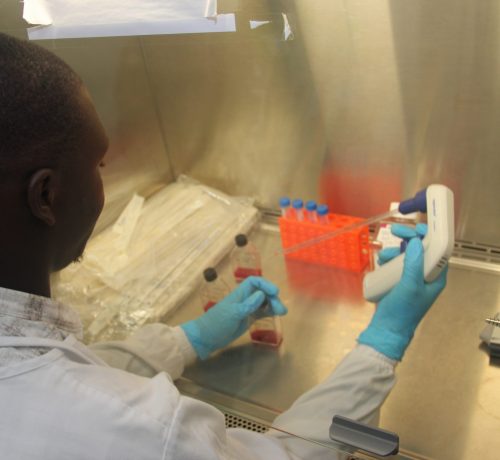
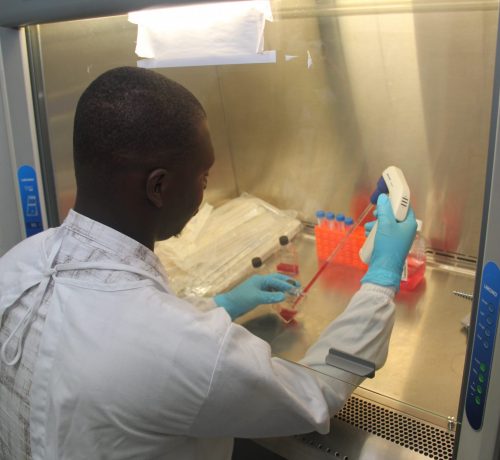
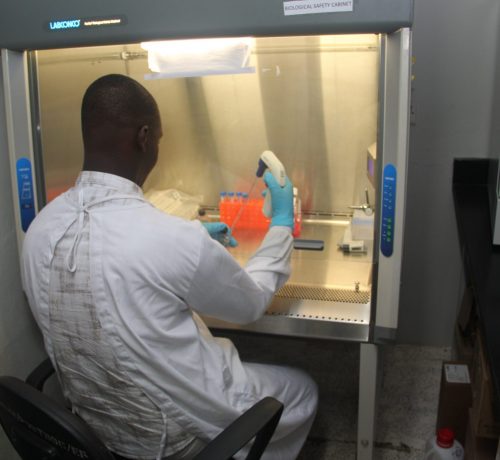
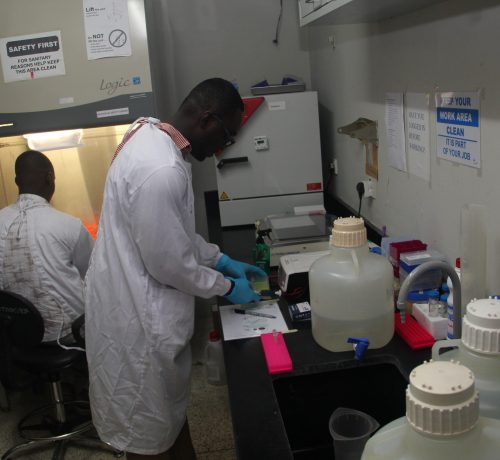
Contact Information
Dr. Collins Stephen Ahorlu
(Ag. Head of Department)
Noguchi Memorial Institute for Medical Research, College of Health Sciences
The University of Ghana;
P.O. Box LG 581, Legon Ghana

